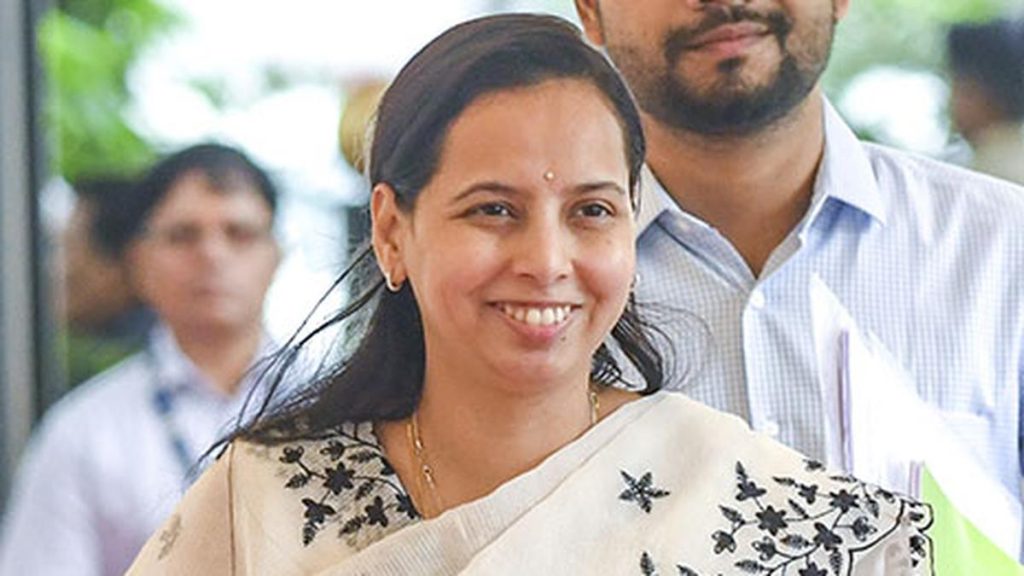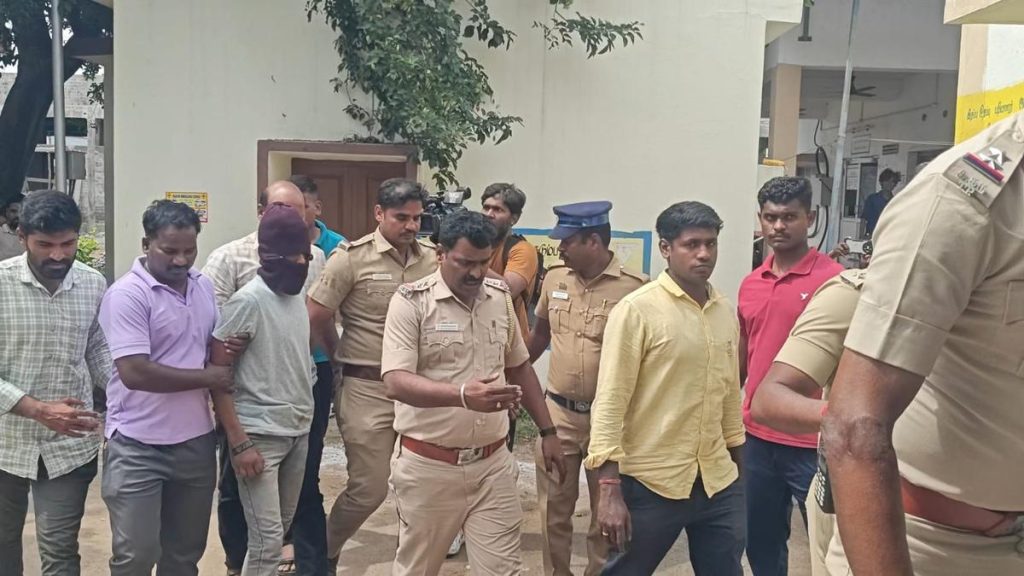Now Reading: Mahajan Commission Report Final on Karnataka-Maharashtra Border Dispute: H.K. Patil
-
01
Mahajan Commission Report Final on Karnataka-Maharashtra Border Dispute: H.K. Patil
Mahajan Commission Report Final on Karnataka-Maharashtra Border Dispute: H.K. Patil
Quick Summary
- law adn Parliamentary Affairs Minister H.K. Patil reassured Kannadigas that there is no need for concern over the Karnataka-Maharashtra border row before the Supreme Court, as it remains a constitutional issue with no decision yet on whether to take up the case for hearing.
- At a meeting with Kannada organisations in Belagavi, Patil emphasized Karnataka’s firm stand on upholding the Mahajan Commission report as the sole solution or maintaining status quo.
- The Minister highlighted harmonious relations between Kannadigas and Marathi-speaking peopel, urging those instigating language disputes to refrain from creating discord.
- Initiatives were promised to address issues faced by kannadigas in Goa and bring these matters to the union government’s attention.
- Steps will be taken to improve kannada schools along border areas following discussions with Education officials and delegations from Belagavi.
- Cases involving kannada activists were discussed, with assurances of adhering to proper procedures while engaging relevant authorities.
- Representatives of various Kannada organizations expressed grievances and provided suggestions during the meeting.
Indian Opinion Analysis
The Karnataka-Maharashtra border dispute has long been a sensitive issue tied closely to regional identity politics. By reaffirming support for either implementing the Mahajan Commission report or maintaining status quo, Karnataka aims for legal clarity while avoiding disruption between linguistic communities in its border regions.minister H.K. Patil’s focus on fostering harmony underscores an effort toward stability amidst potentially polarizing rhetoric ahead of elections.
commitments such as addressing educational challenges in border areas and raising issues concerning Kannadigas in Goa highlight proactive measures aiming at cultural preservation within affected regions instead of escalating tensions through confrontation.
Bringing Kannada activism cases into procedural scrutiny might offer accountability but could attract criticism if perceived as bureaucratic inertia by stakeholders invested in language rights advocacy.























